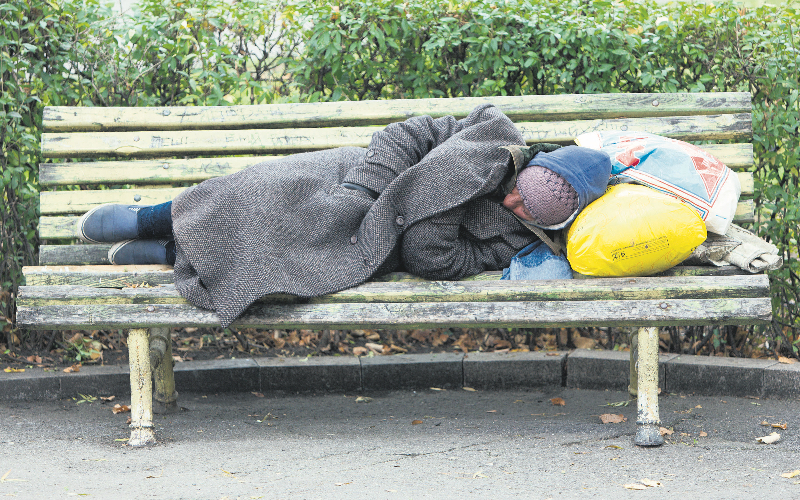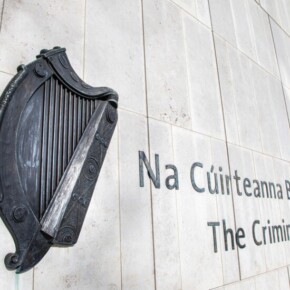Dublin going ‘other direction’ on homelessness, says DRHE
Gary Ibbotson 20 Apr 2023
Dublin is going “the other direction” regarding homelessness compared to the rest of the country, according to the Dublin Region Homeless Executive (DRHE).
At a recent Housing Strategic Policy Committee meeting, Mary Hayes, executive at DRHE, said that despite homelessness decreasing nationally, the number of people reporting as homeless in Dublin increased at the beginning of the year.
Hayes was speaking after the publication of DRHE’s homelessness figures for the month of January.
These figures do not take into account the ending of the no-fault eviction ban which lapsed at the end of March.
DRHE recorded that 8,523 people were in emergency accommodation in January which represents an increase of 127 households and 147 individuals compared to the previous month.
Hayes said there was a “strong trend” of single people experiencing homelessness, with the number now “in excess of 4,000 in the Dublin region.”
“The number of children residing in emergency accommodation at the end of January was 2,577,” DRHE’s report says.
“This is a decrease of 6 when compared to the December 2022 figure and 649 more than the January 2022 figure of 1,928.”
There are also 200 families staying in emergency accommodation for more than two years and 311 families in emergency accommodation for between six and 12 months.
DRHE says that the main “drivers of homelessness” are notices of termination, family circumstances, domestic violence, relationship breakdown, family breakdown, and overcrowding.
Hayes said that there is a “continuous issue” of people not being able to find affordable accommodation in the current market.
“When there are more people going in than going out, what we have is a banking up of people within emergency accommodation. That is where we are seeing the numbers rising,” she said.
Director of Advocacy at homeless charity Focus Ireland, Mike Allen said at the meeting that the recorded numbers do not provide a fully accurate picture of those who need a home.
“What we know about homelessness is that people stay with family and friends and do everything in their power to avoid being homeless,” he said.
“Sometimes people are better off in those inappropriate circumstances, such as couch surfing, instead of a hotel.”
Allen says that these people need to be registered as homeless and placed on the housing list to show the full extent of the problem.
He says that the predicted “tsunami of evictions tends to not be as dramatic” but instead homeless services may experience a steady increase in the number of people reporting as homeless.
Independent councillor Mannix Flynn said that more needs to be done help families whose loved one died while in homeless services or emergency accommodation.
Flynn said that he lost a family member to suicide while staying in emergency accommodation and that the “protocols and the compassion that were meant to be in place simply weren’t there.
“This is something that has to be addressed by the council and homelessness sub-committee.”
Councillor Pat Dunne said that the report is a “sad reflection of where we are” and that tenants who are facing eviction should be informed of their rights and all information necessary from Dublin City Council.











